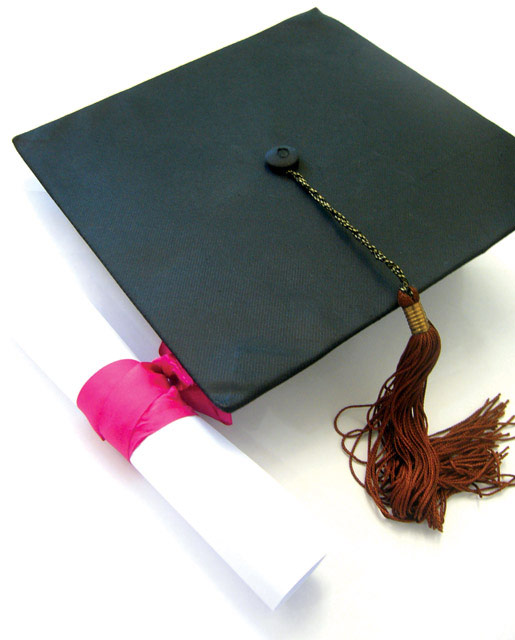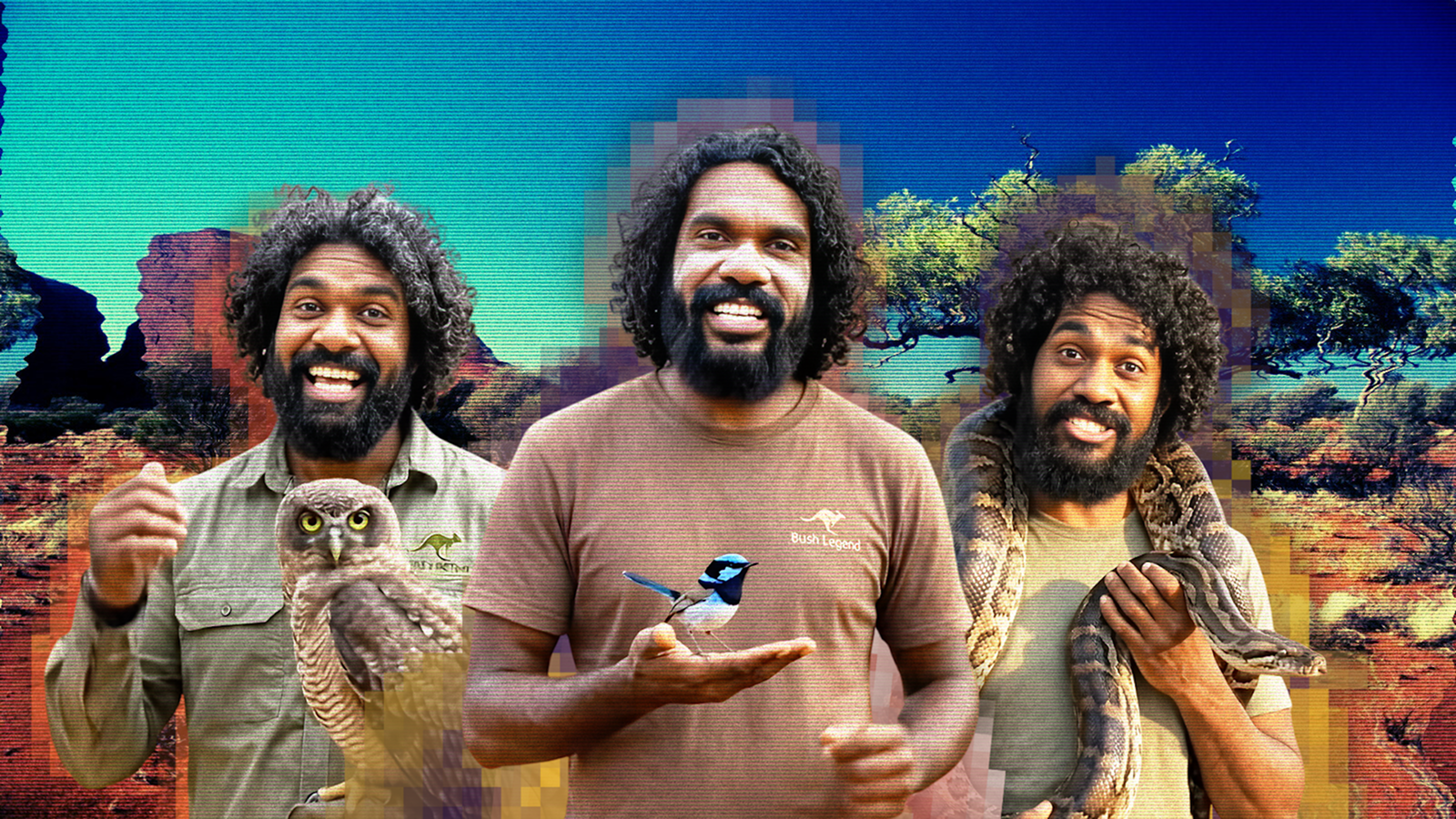Human Rituals: The Punctuation Marks of Life

Tuesday I went to my daughter's fifth-grade "moving up" ceremony. Not a graduation per se, but still, a big deal when you are 11 and have been in the same school since you were 5. Although my daughter has been chatting a lot about middle school, and she is looking forward to a bigger school and a bigger life, the morning of the ceremony she was melancholy. On the way to school, a litany of losses poured forth from the back seat of the car. She would miss the playground, the teachers, the office staff, the cafeteria, and the hallways. "I mean, I've been at that school more than half my life," she said sadly. "And let's face it, most of every day." Except for summer vacations, I responded, but that didn't help much. I had more to say. As the daughter of an anthropologist, the poor kid got an evolutionary and cross-cultural soliloquy about the importance of the upcoming ceremony, and how that ritual would help her through the transition. "It seems to be human nature to love ritual," I told her. "For some reason, people like to mark their life cycle changes with singing and dancing and cake and presents, and that's because these transitions are indeed import events. Sure, they are full of loss, but they are also full of promise and hope." All around the world, I added, cultures mark the same things that we did — birth, puberty, marriage and death, and then there are all those birthdays. For example, the Balinese ceremonially file down the upper canine teeth of teenagers so that they are symbolically more person than monkey [[animal]], and in doing so, the child becomes and [[an] adult. Marriage in most places includes a long list of ritual practices, everything from jewelry to blessings, which make the union legal and culturally legitimate. In America, you can simply go to a judge and sign a piece of paper to get married, but most brides and grooms these days opt for the hyper ritualized, and extraneously expensive ceremony with the big dress, the big ring and the really nice honeymoon. And death, although a sad event, has its own rituals. Traditional Maoris of New Zealand dress up the body for viewing and the mourners cut themselves in sorrow. Then there's a huge feast and the relatives receive gifts. In Madagascar, the bones of the dead are eventually dug up, washed, and paraded about and then reburied. It's not just that humans are party animals. We seem to need some clearly defined, traditional activities to move back into regular life after a major change. Ritual not only underscores those life changes, it also adds a punctuation mark (a question mark for birth, a comma for rites of puberty, an exclamation point for marriage, and, of course, a period for death). And then we are able to move on to the next sentence. Ritual also forms our identity. We learn about our culture from these rites of passage and we become part of a community. We also need these events to build a memory. The graduation certificate or the wedding ring says, "I made a life for myself. This is who I am." And in this case, a little girl can now say, "I am a sixth grader."
- Video - Attention Training for Kid
- 10 Weird Ways We Deal with the Dead
- Children: News and Information
Meredith F. Small is an anthropologist at Cornell University. She is also the author of "Our Babies, Ourselves; How Biology and Culture Shape the Way We Parent" (link) and "The Culture of Our Discontent; Beyond the Medical Model of Mental Illness" (link). Her Human Nature column appears each Friday on LiveScience.
Get the world’s most fascinating discoveries delivered straight to your inbox.
 Live Science Plus
Live Science Plus





